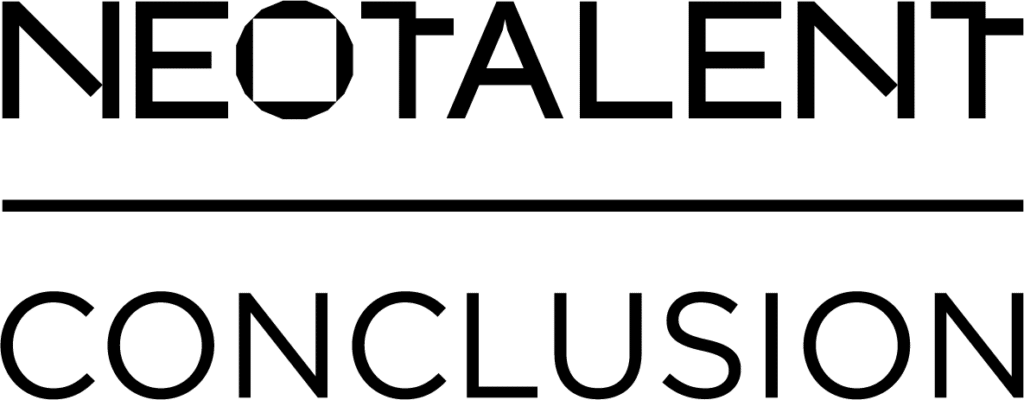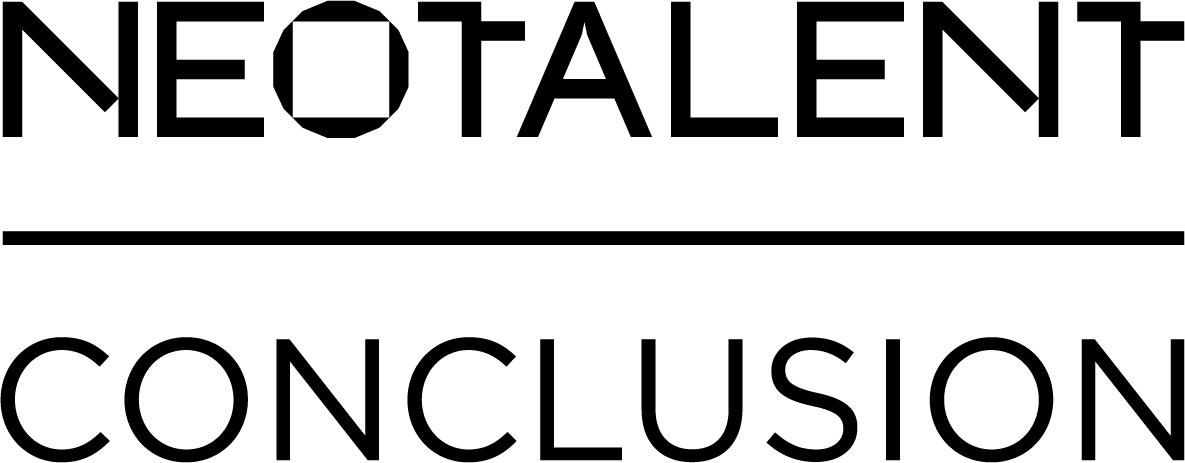In recent years, diversity and inclusion have become central themes in the increasingly competitive corporate world, driven by awareness of the harmful effects of discrimination and prejudice, though significant challenges still remain.
Beyond their ethical importance and the justice associated with these themes, these pillars also enhance innovation, performance, and productivity within companies.
From the candidate’s perspective, salary is no longer the only factor considered when choosing an employer. Benefits, flexibility, recognition, and organizational culture are increasingly considered. More than just fair remuneration, organizational culture is also a decisive factor. Candidates seek diverse and inclusive work environments, free from discrimination based on gender, ethnicity, sexual orientation, or other aspects related to their identity.
For this reason, it is essential for companies to create fair recruitment strategies that promote individuals based on their skills, without barriers related to gender or personal decisions, ensuring equal opportunities for all.
Key initiatives to improve your Talent Acquisition performance
The continuous evaluation of hiring policies in organizations is a crucial step to ensure greater transparency and equality in the recruitment and selection process. To achieve this, there is a set of initiatives that can be implemented by companies:
First, recruitment strategies must be inclusive from the outset, eliminating biases in the selection process and broadening recruitment channels beyond a single platform, offering a wider pool of candidates from diverse backgrounds and genders.
It is also important to adopt inclusive language in job descriptions, removing discriminatory language and focusing on qualifications and competencies.
Ensuring that the company has flexible work policies or remote work options also promotes inclusion, as it helps maintain a balance between work and personal life, addressing different needs.
During the interview process, it is crucial to have a panel composed of individuals from different backgrounds, experiences, ages, and genders to provide candidates with a clear perception of the company’s culture and values.
Furthermore, to ensure that the recruitment process is free from bias at all stages, companies should continuously assess their hiring policies to ensure alignment with their values.
Such practices help improve the representation of women and minority groups in companies, which remains insufficient, especially in technical and leadership positions.
A diverse and inclusive work environment requires a long-term commitment. Companies must be willing to continually review and adjust their internal policies, practices, and cultures—from implementing fairer hiring practices to creating environments where these themes are truly valued—to ensure sustainable and equitable growth in the organization’s future.
Mariana Ramos, Recruitment Operations Manager





